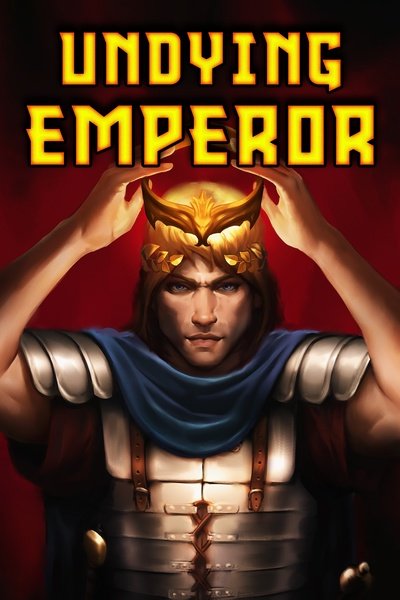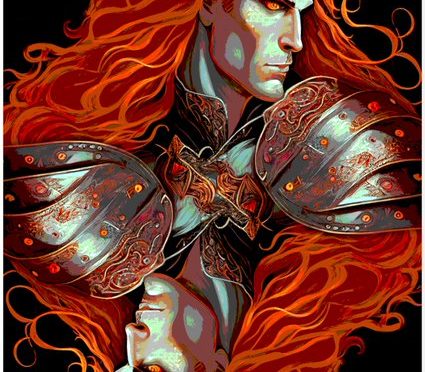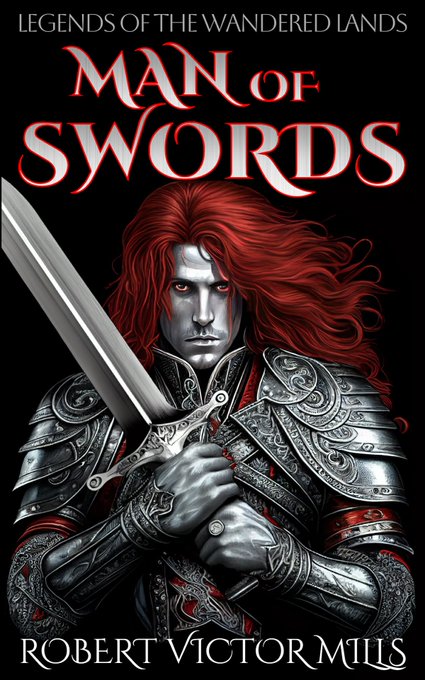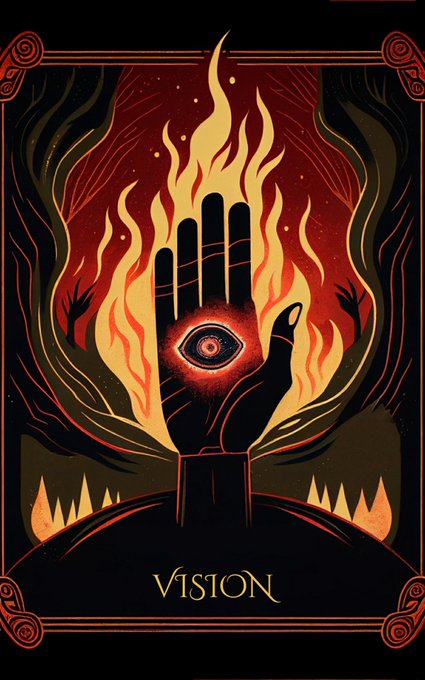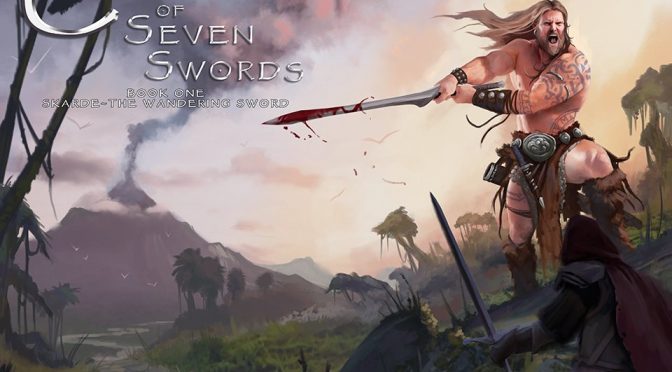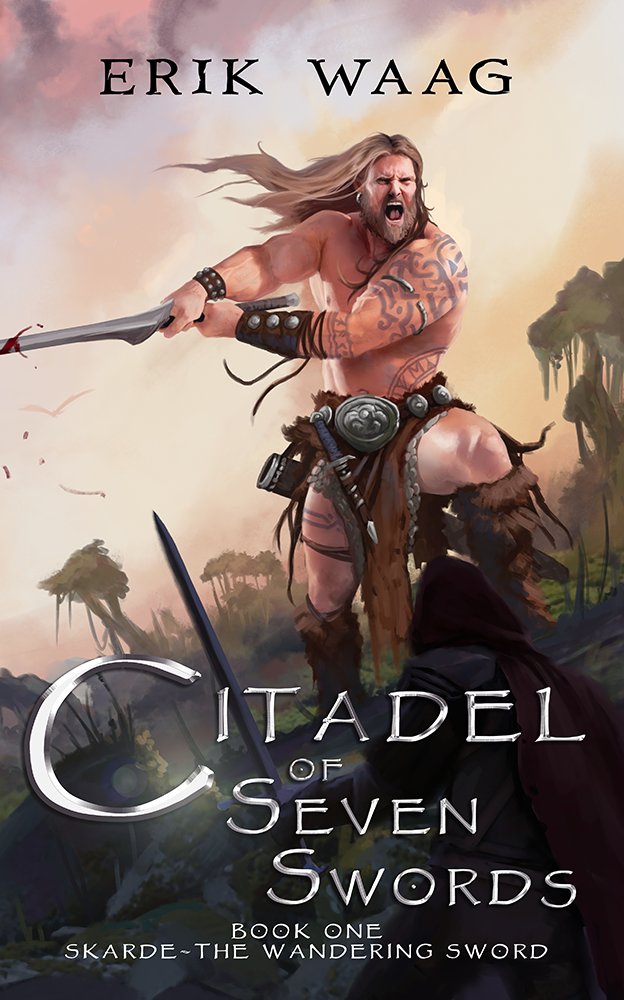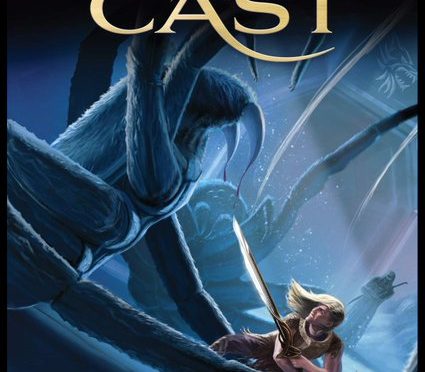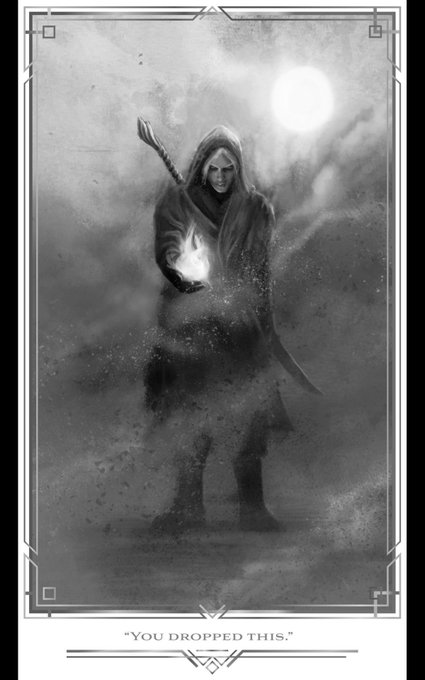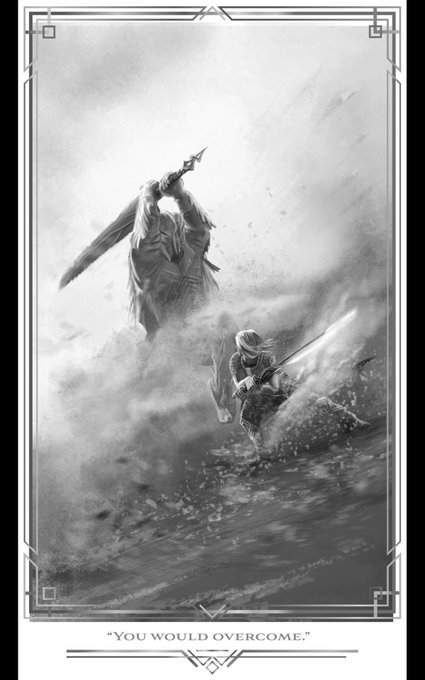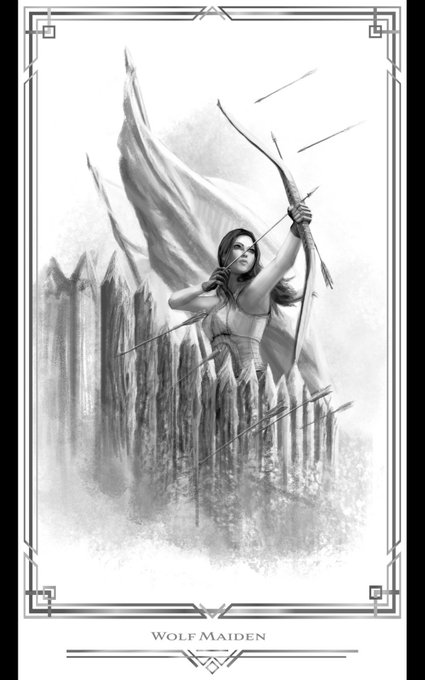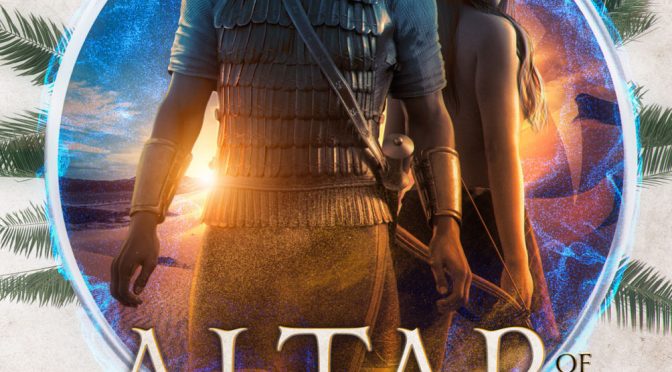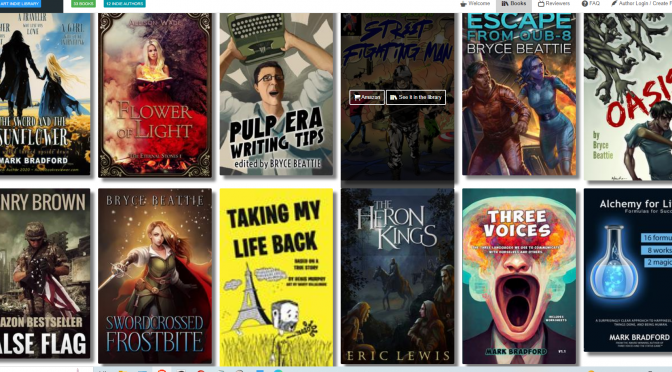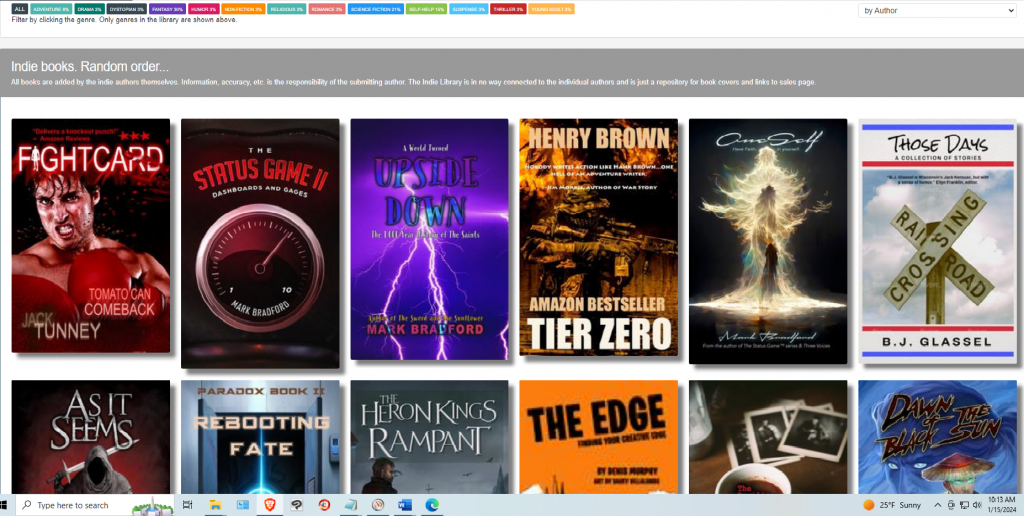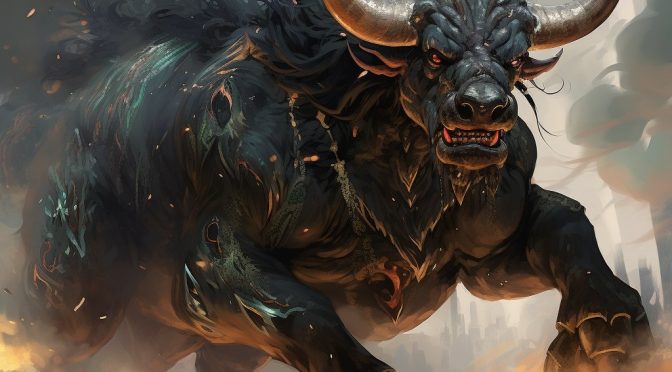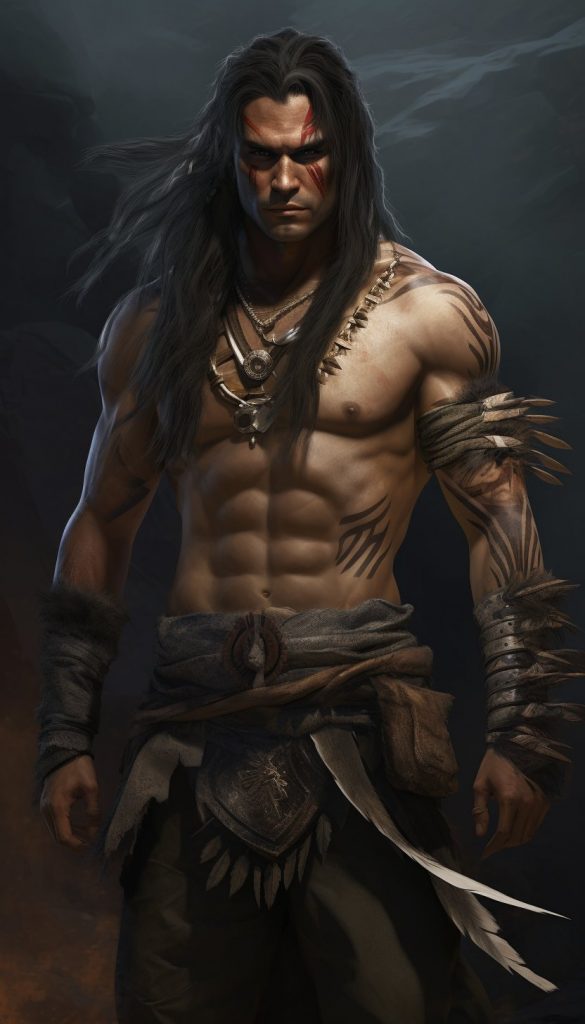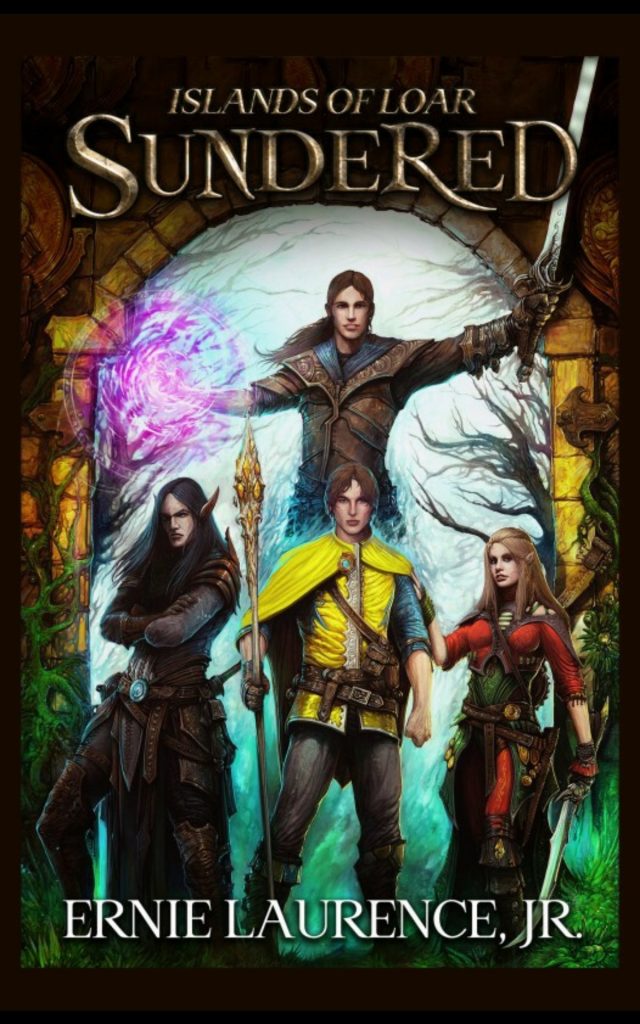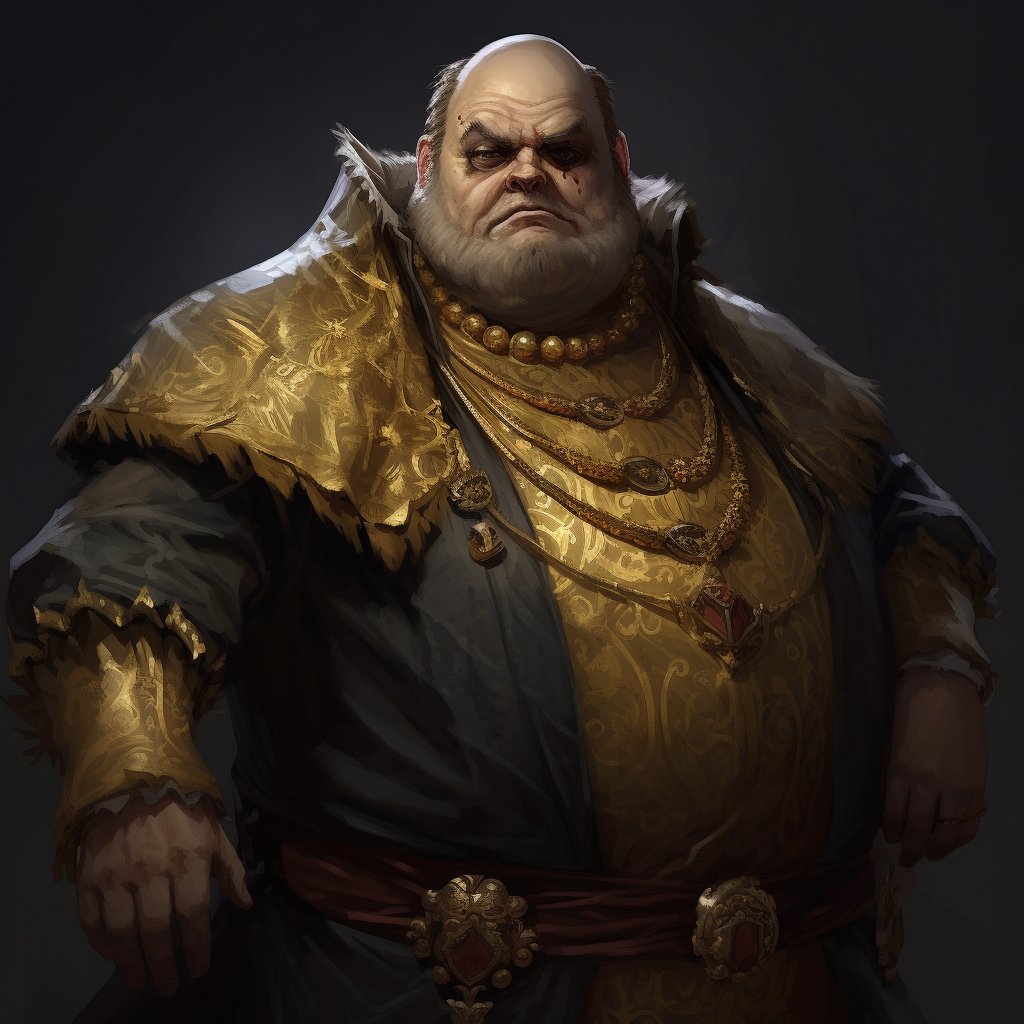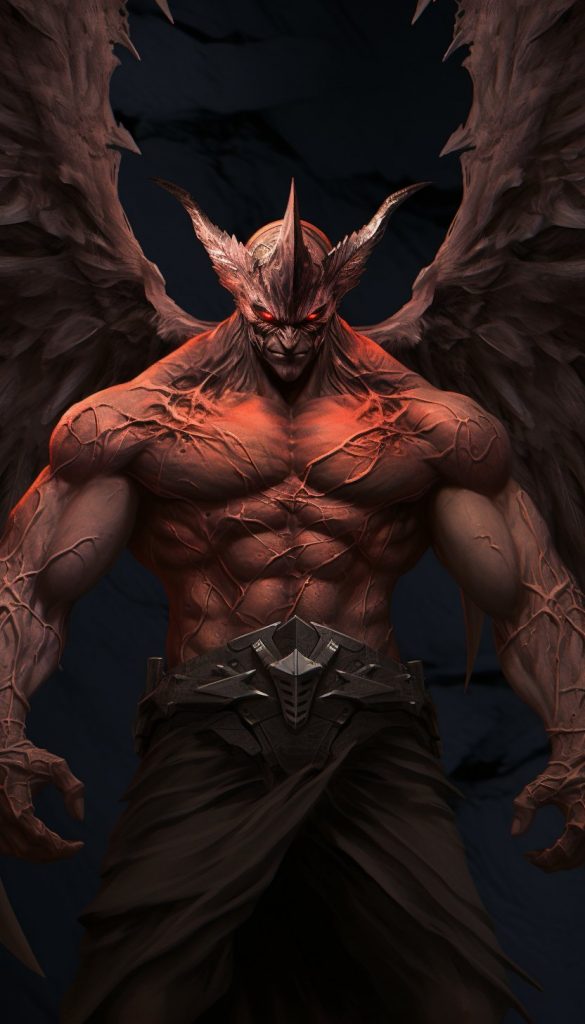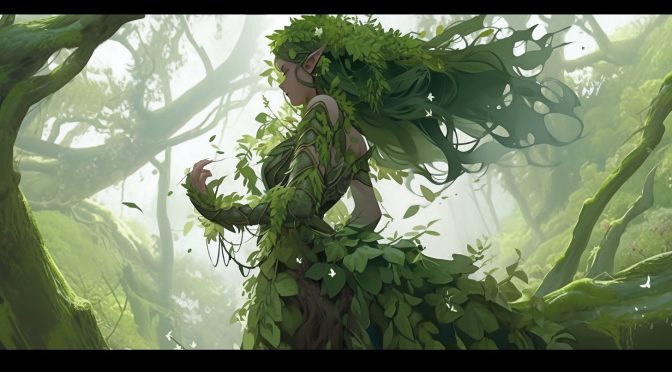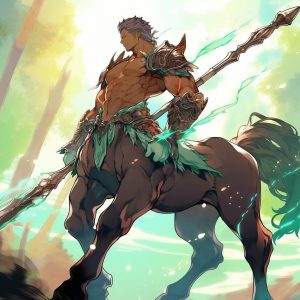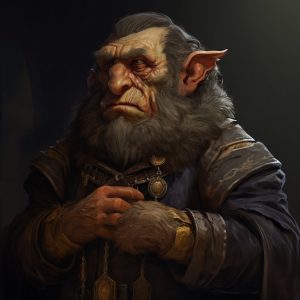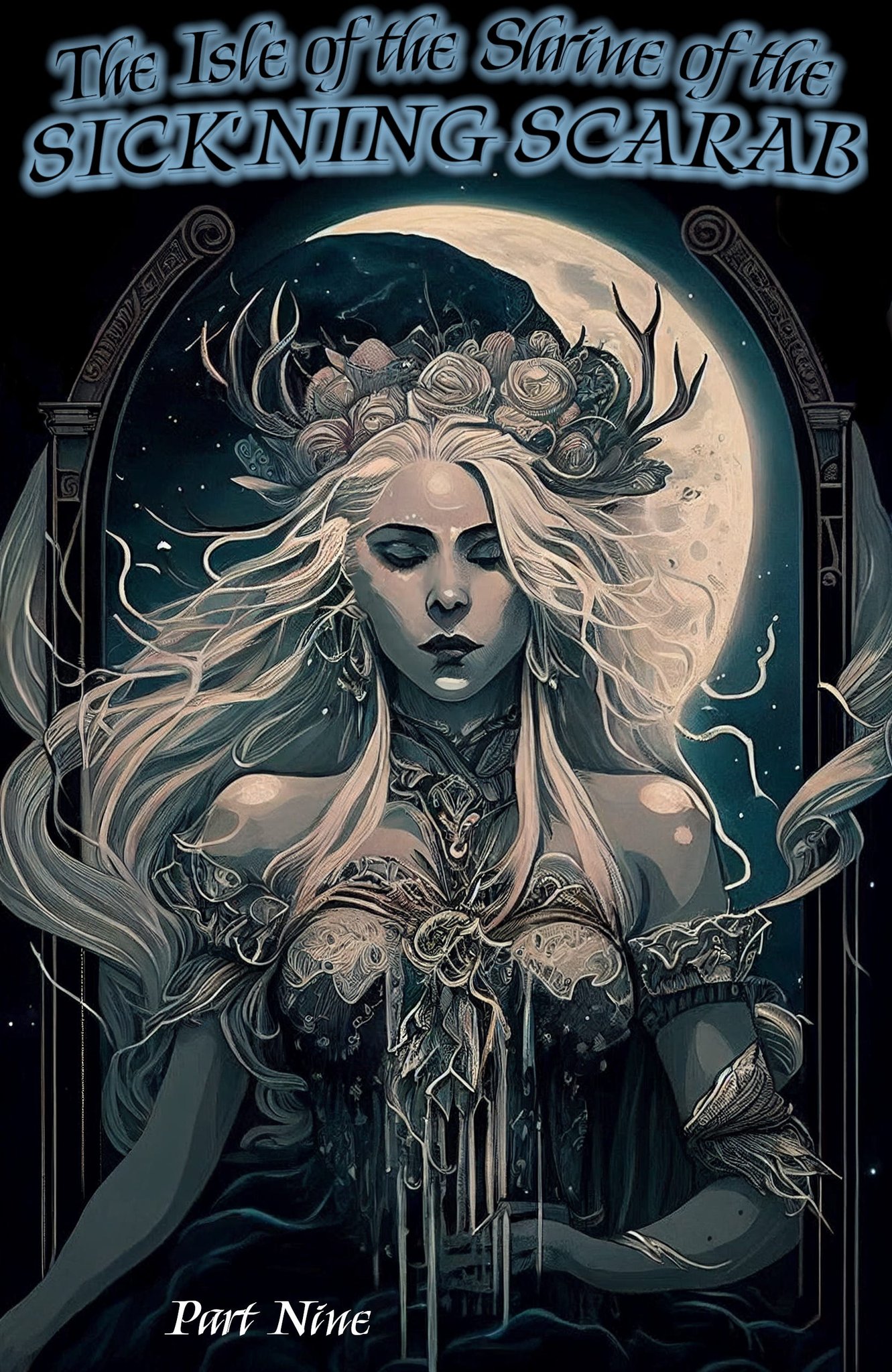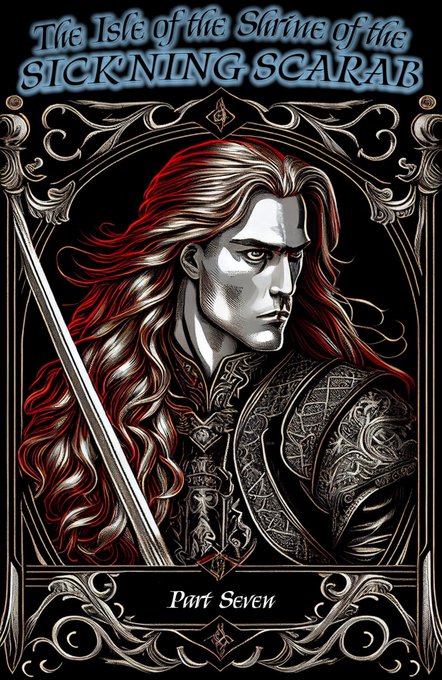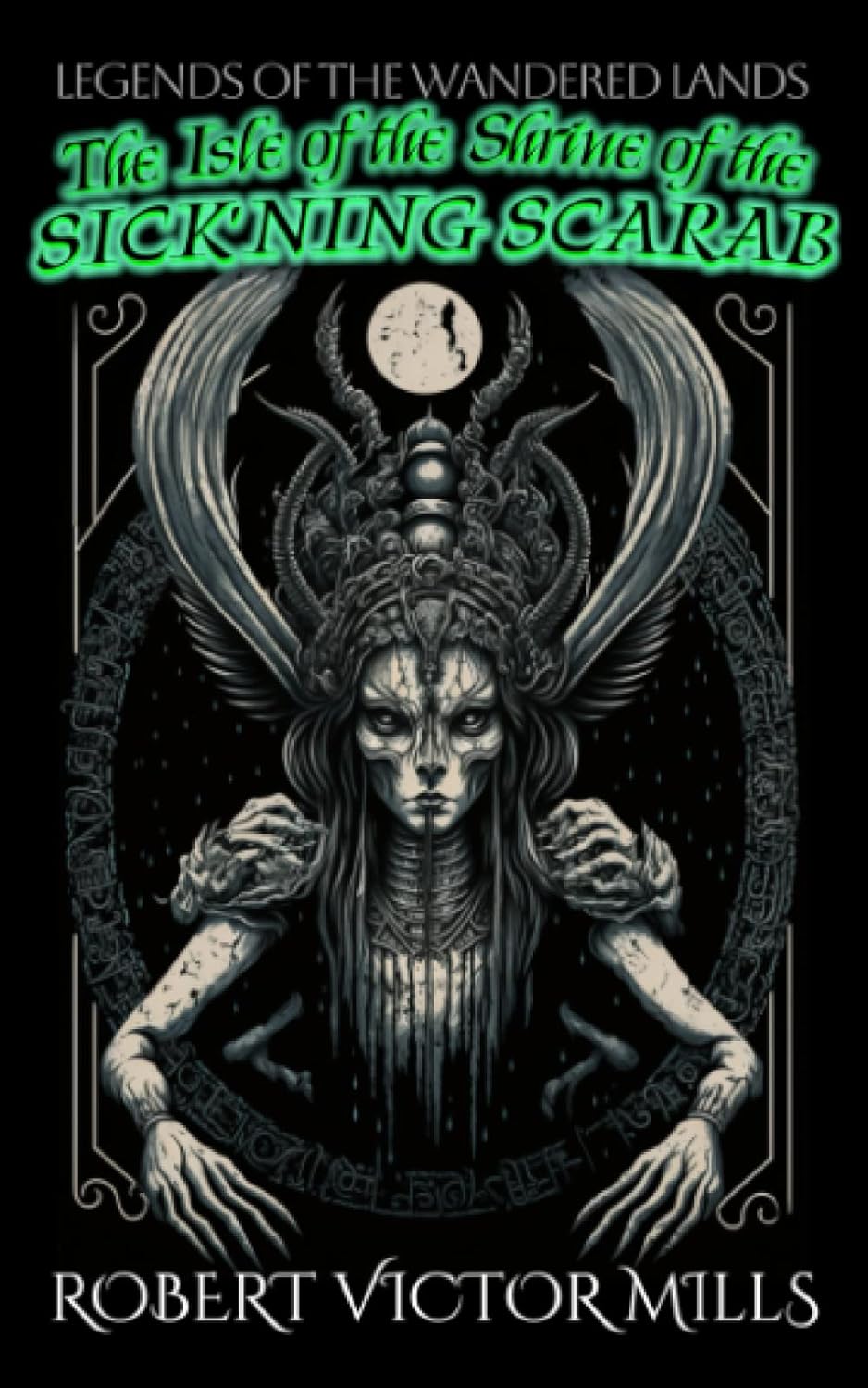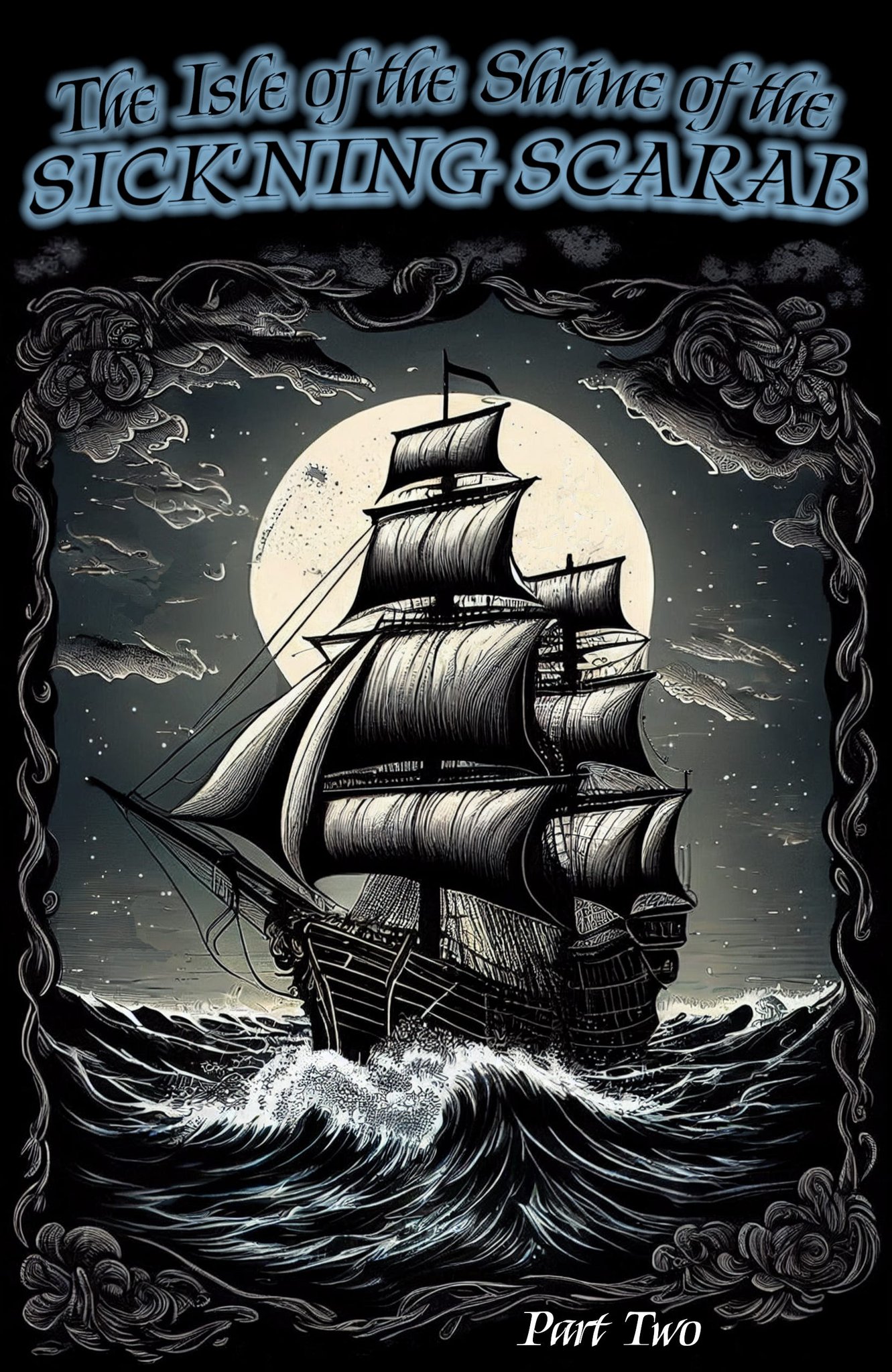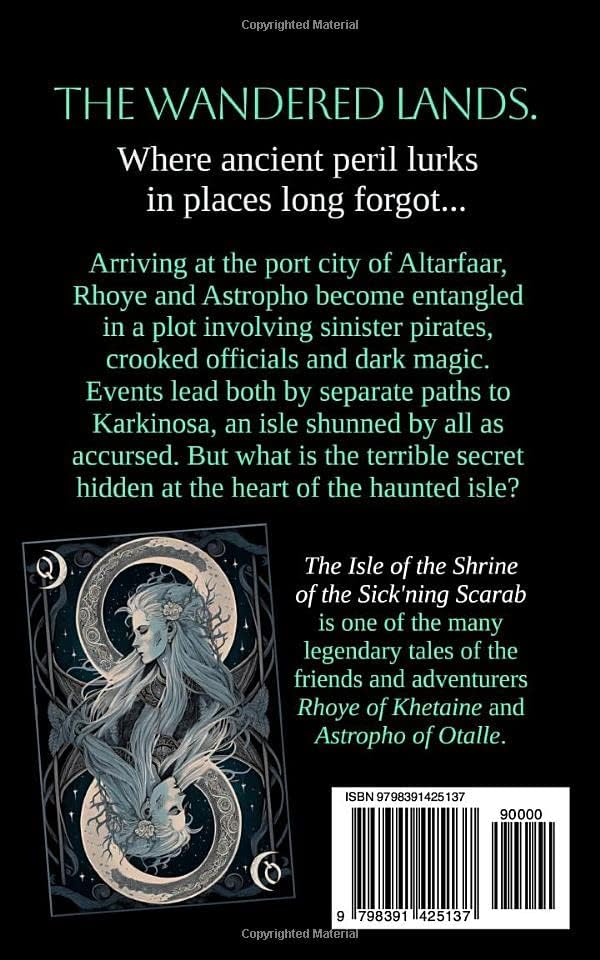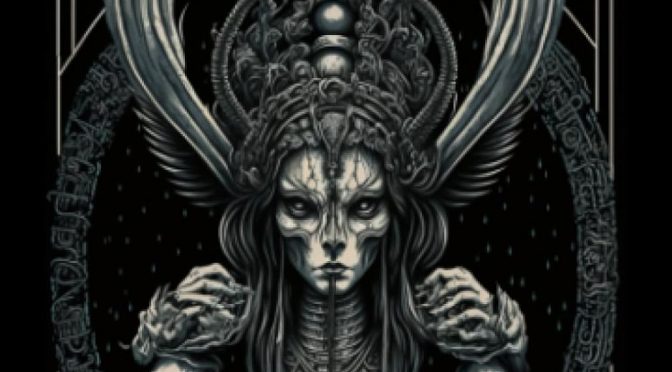An inside look by INFAMOUS 🦀
“They fought for themselves and others but paid the ultimate price. They have been buried in the southern cemetery of Fallen Crest Abbey”
There is this author/youtuber I’ve been following now for some time by the name of James Krake. Although known mostly as a cyberpunk genre writer, Krake also runs a webnovel on Royal Road titled The Undying Emperor. This novel departs a good deal from the typical genre Krake is known for. I won’t spend too much time suggesting our readers to start following The Undying Emperor, though they should, for it is truly a marvelous work of sword and sorcery fiction extravaganza. But what I really want to zero-in on is the short story within this webnovel; a true ‘hidden gem’:
Fallen Crest Abbey.
INFAMOUS: what is Fallen Crest Abbey and what inspired this story?
Krake: Bram Stoker’s Dracula actually. I like exploring form and genre and a gothic horror epistolary story intrigued me. That started the series of questions I had to answer in order to make a satisfying story that would actually matter to readers of my webnovel. I’ve been doing a good deal of thinking about how sci-fi and fantasy should be incorporating matters of faith, so I wanted to take a look at some of the religious aspects of this fantasy world.
INFAMOUS: I’ve read both of your published cyberpunk novels and follow The Undying Emperor on Royal Road, but to me it is in Fallen Crest Abbey that I sense a new level of maturity from you as an author. Do you agree?
Krake: Fallen Crest Abbey was written to have a different tone and feeling to it. I’m not sure I would call it ‘maturity’, but it’s certainly different. The novellas I am writing in 2024 should feel closer to how Fallen Crest Abbey came together, and next year I have a stand-alone I’ll write which should be a full novel length experience that’s even better.
INFAMOUS: sometimes this question gets thrown around a lot: will we ever see the likes of a new Tolkien, or a new Howard, or a new Lovecraft, in the realms of indie authors? I think we have, in the works of British writer R. V. Mills. But when I read Fallen Crest Abbey I see that same ‘sparkle’, that same unrelenting and unapologetic quest–albeit under a different writing style-for new legends in the making.
Is that something that you have been aware of at all?
Krake: The problem, I think, is that those names became those names because they were able to influence people. They had an impact on future literary endeavors the way Doyle did (or further back, Shakespeare). So, I don’t think the question today is “will we see somebody who writes as well as so-and-so?” but will that person get noticed? Just looking at the numbers, and the advantages today, there are probably MANY people better than Tolkien, who simply haven’t gotten the reverence because society is more connected, critical, and quick to move on.
INFAMOUS: speaking of legends, there is a creature we’re introduced to in FCA called a ‘grendel’. I found some of his features most fascinating. Would you share with us how this grendel came about?
Krake: Beowulf, mixed with my approach to trolls that tries to portray them as early hominids. I coaxed up the legend the way I felt people would rumor-monger around a campfire and indulged the horror aspect it can create.
INFAMOUS: one thing that I loved about Fallen Crest Abbey is how most chapters open with a formal letter written by one of the characters. It really is an effective way to set up a certain mood and pace. Was this a conscious decision or did it just develop that way as you wrote the story?
Krake: It was how I initially conceived of the story, because it posed a technical challenge. I had to figure out how to explain the plot beats, endear the characters, and keep everything well paced, despite using journal entries, letters, posted bounties, and any other ‘record’ that I could come up with. A large reason I became attracted to the idea was the challenge of ending the story, and writing it, without the structure of the story itself giving away the ending.
INFAMOUS: can you disclose future projects-if any-related to Fallen Crest Abbey? What about future works not necessarily related to FCA?
Krake: Well it’s clearly part of The Undying Emperor, which is mostly a life story, hero’s journey of conquest. That has a particular genre to it, however. The world itself has possibilities far beyond what befits essentially a YA action story designed for weekly releases. This year I’ll be writing a novella that is to be like a mix of Romeo & Juliet with The Count of Monte Cristo, taking place in the same world, and I’ve got the start of a novel that started from the question “What if The Odyssey, but the main character couldn’t fight? Can a scholar be a good protagonist?”
On a more immediate horizon, my next paperback release is just around the corner, keep an eye out for Low Key Connections, a Narnia-style isekai. Light hearted, fun, and also high action.
Follow here to not miss out.
Well folks, there you have it. In a world of TikTok, instant gratification, and low attention span, supporting authors like James is important to keep good story-writing thriving. If you’re reading this, most likely you already know that there are great authors out there who deserve recognition and that, sadly, reading books in general is dwindling in our society.
Support these writers, support books, support Virtual Pulp!
INFAMOUS 🦀
Click to read Fallen Crest Abbey:



